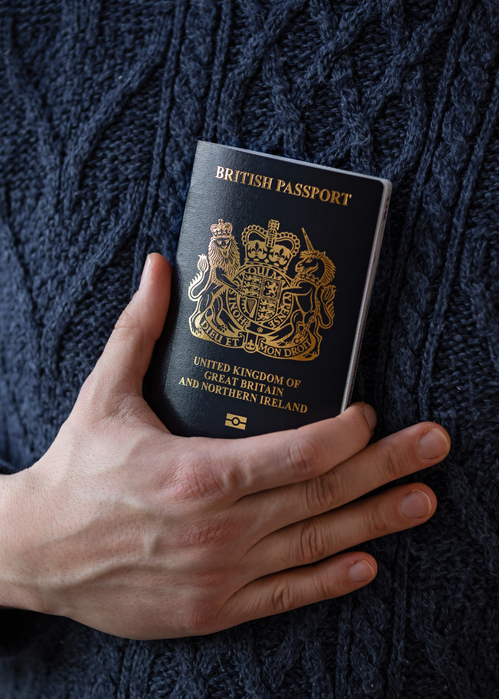Draft Code of Practice for Illegal Working
The Home Office has published a Draft Code of Practice for Illegal Working, increasing civil penalties associated with Right to Work checks.
As signposted in our recent article, Massive Increase in Fines for Businesses Employing Illegal Workers, the Home Office have now released a draft statutory code of practice as part of their commitment to maintaining a fair and lawful labour market.
The draft code sets out the substantial increase in the civil penalties that can be imposed for breaches of the current and approved Right to Work procedures. This draft code has since been approved by Parliament and it is expected that the increased penalties will be effective from the 14th February 2024. To ensure you follow the current Right to Work procedure, please review our article. You will also find the latest guidance for employers here.
If an employer is at risk of receiving a penalty, they will first be contacted by the Home Office requesting evidence of the right to work check carried out for the suspected illegal employee(s). This will be reviewed and, if the proper procedure was not followed, the employer may be at risk of receiving a Civil Penalty Notice. However, an employer may be able to establish a statutory excuse if they followed the applicable procedure at the time the illegal worker’s employment commenced.
If the employer has no statutory excuse, then it is expected that the following civil penalties will apply from 14th February 2024.
- First breach: £45,000 per worker (increasing from £15,000)
- Repeat breach (within 3 years): £60,000 per worker (increasing from £20,000)
These penalties may be reduced if the employer has already reported the suspected illegal working, co-operated with the Home Office, or has in place effective Right to Work processes. There is also a 30% reduction if the penalty is paid in full within 21 days. If the penalty is not paid, then the Home Office may take enforcement action.
The substantial hike in fines will make it increasingly important that businesses ensure they properly carry out their Right to Work checks. Employers should review their procedures and ensure that they are properly evidencing that the checks have been carried out.
If you would like advice on your Right to Work checks or process, please get in touch with Imelda at [email protected].

